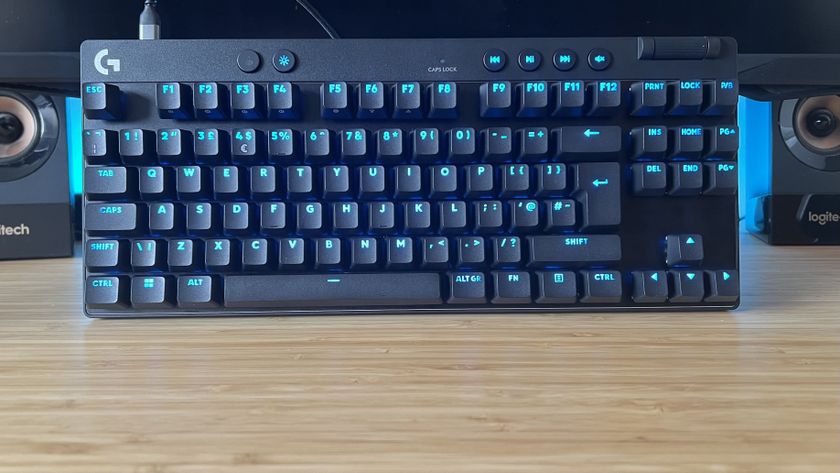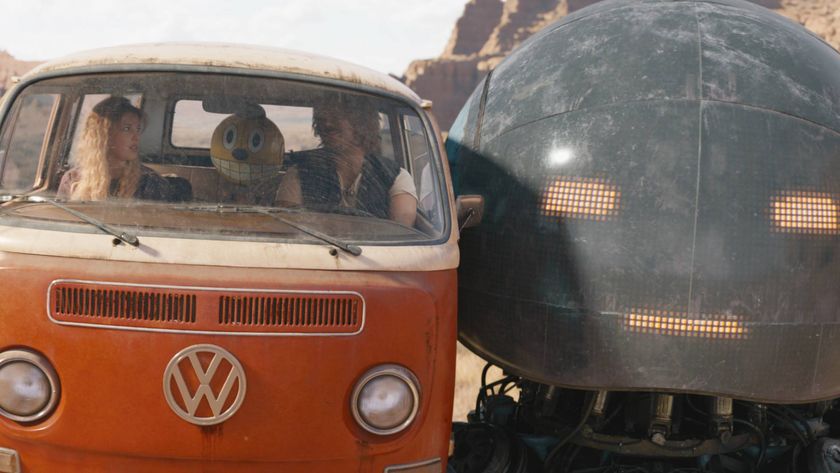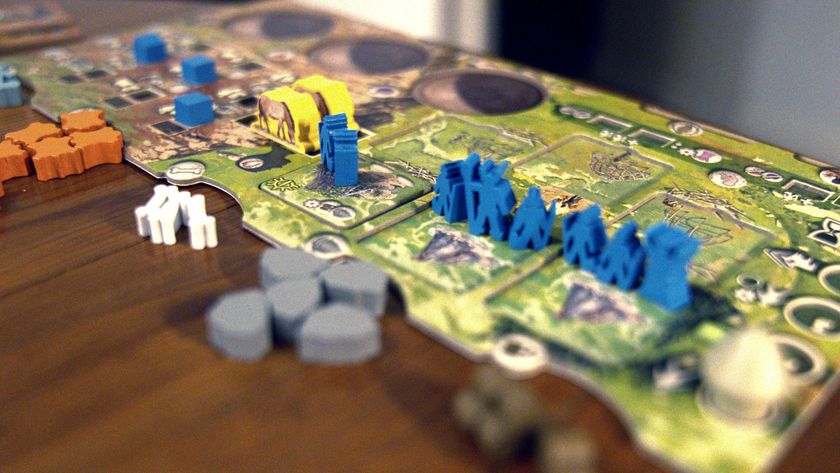Why you can trust 12DOVE
A black screen, choked breaths panting from the speakers. Fade in to a close-up of Uma Thurman's bloodied face, eyes rolling in terror as her tormentor wipes blood from his knuckles. The name Bill is stitched on his handkerchief. ""Do you find me sadistic?"" he asks. ""This is me at my most masochistic"." Bill points a gun at his victim, who we now see is lying on the floor in a bridal gown, obviously pregnant. ""It's your bab-"" she begins, Bill stopping her dead with a bullet to the brain. Cue titles.
Welcome to the fourth film by Quentin Tarantino, a revenge drama that primarily riffs on Yakuza and Samurai flicks, but also finds time to work in spaghetti Westerns, Japanese animé and Italian giallo. It is, in the motormouth helmer's own words, an ode to exploitation cinema, a grindhouse epic. It's also quite brilliant.
Divided into two movies (Volume 2 is out in February) and a succession of chapters, Kill Bill sports the most basic of plots: awakening from a coma four years after being left for dead, The Bride sets out to kill Bill, head of an assassin squad. First, however, she draws up a ""death list"" comprised of his minions, determining to run swords through them all before she turns her deadly attentions on William.
Why doesn't she simply off Bill and get it over with? Partly because she needs to ascertain his whereabouts. Mainly because this is a Samurai movie. There are questions of honour to be pondered, ethics to grapple with - and let's face it, logic has no place in sword'n'slash pics. Not when it gets in the way of a bloody good showdown. Or 10.
It's a point worth labouring, this being the kind of film that some people won't get, not understanding that Kill Bill is set in a (skewed) parallel universe. Fifty percent Past Movies La-La Land, 50 percent the inside of Tarantino's giddy head, it's a lurid world with no room for realism. Exhibit A: The Bride (codename: Black Mamba) flying to Tokyo on a fake passenger plane with a whacking great sword by her seat. Exhibit B: our heroine taking out 100-odd trained killers in the movie's action showpiece, a stunning showdown at a vast restaurant called The House Of Blue Leaves. Exhibit C: the comic book/Shogun Assassin-style violence, each beheading and lopped-off limb accompanied by, quite literally, fountains of blood. Yes, there are moments of wince-inducing brutality, but mostly the violence is played for laughs and, at times, abstract beauty.
Get the point - - a knowledge/love of Japanese cinema certainly helps, though is by no means essential - - and you're looking at a genre(s) masterpiece. It's also very much a Tarantino masterpiece, QT's fingerprints being smeared over every inch of his beautiful baby. It's all here: the sudden shifts of tone, the flip-flopping time structure, the supercool slo-mo (Lucy Liu and her Crazy 88 squad striding along a corridor), the exquisite humour, the pitch-perfect performances and, of course, the trademark dialogue ("I shoulda been Black Mamba," complains Vivica A Fox's Vernita, codename: Cobra, to The Bride).
Yet, vitally, there are also appreciable tweaks to keep thing fresh. Most notably, the script is spare by QT's standards, less words allowing the helmer to flex his impressive action muscles. But it's not just the flurry of graceful, powerful set-pieces that set Kill Bill apart from his other work. It's not even his decision to dabble in animation, one chapter being brought to sublime life by the guys behind Ghost In The Shell. There are also other, less ostensible factors, like opting for a score-based soundtrack over his usual collection of retro tunes, or the virtual absence of male characters ('til Volume 2 at least). Which brings us to the much-criticised decision to split the movie in half. Well, happily, it's all good news, Volume 1 boasting excellent pacing and a natural climax to stand strong as a film in its own right. Even better, it also leaves you gagging to see Volume 2. Especially as so little is revealed in this instalment, never explaining why The Bride left Bill's outfit and never telling us our heroine's real name.
QT claims he doesn't see Kill Bill as a movie but as a "happening", saying he dreams of cinema audiences standing throughout the film, too jazzed to sit. You know what? He might just get his wish.
Tarantino's back with a ballistic bang, taking 'lowly' exploitation cinema to vertiginous heights. So good it deserves mention in the same breath as Reservoir Dogs and Pulp Fiction.
The Total Film team are made up of the finest minds in all of film journalism. They are: Editor Jane Crowther, Deputy Editor Matt Maytum, Reviews Ed Matthew Leyland, News Editor Jordan Farley, and Online Editor Emily Murray. Expect exclusive news, reviews, features, and more from the team behind the smarter movie magazine.
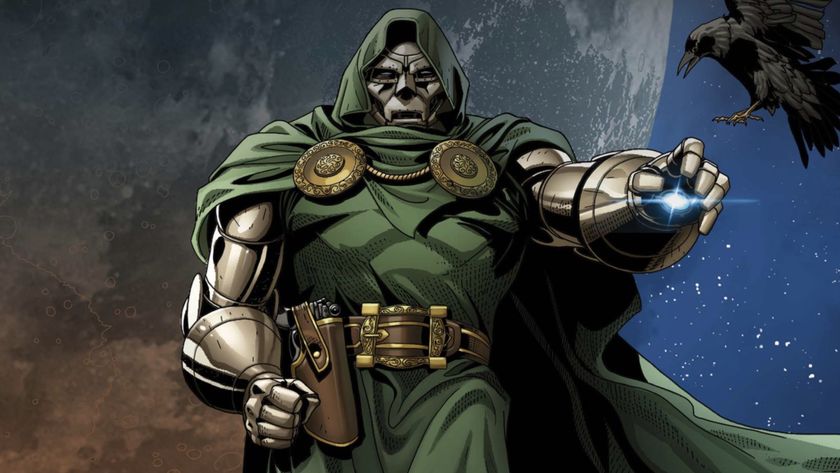
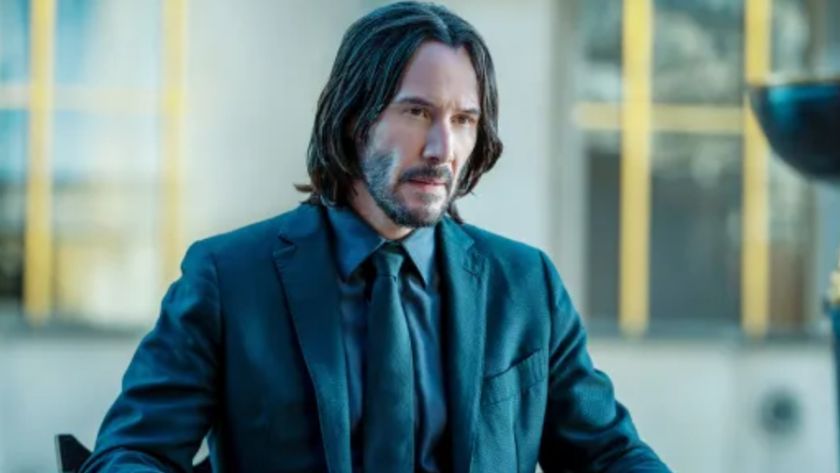
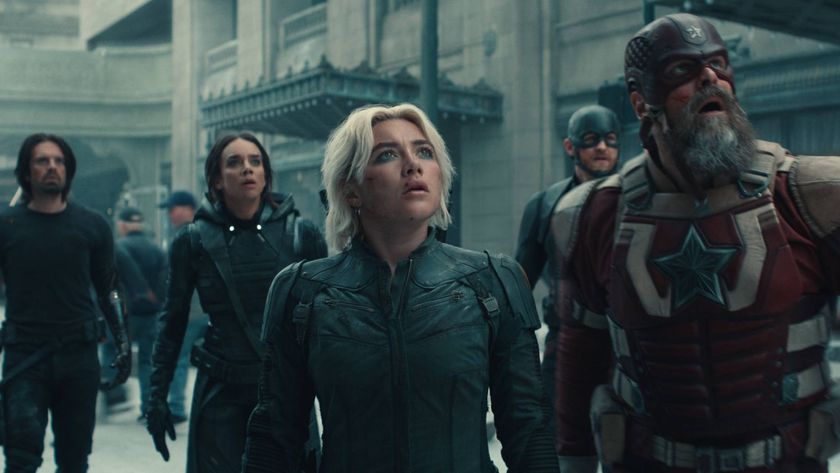
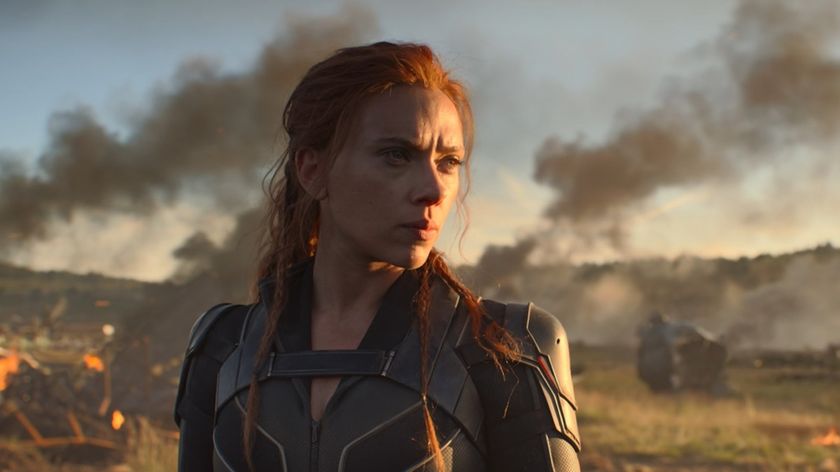
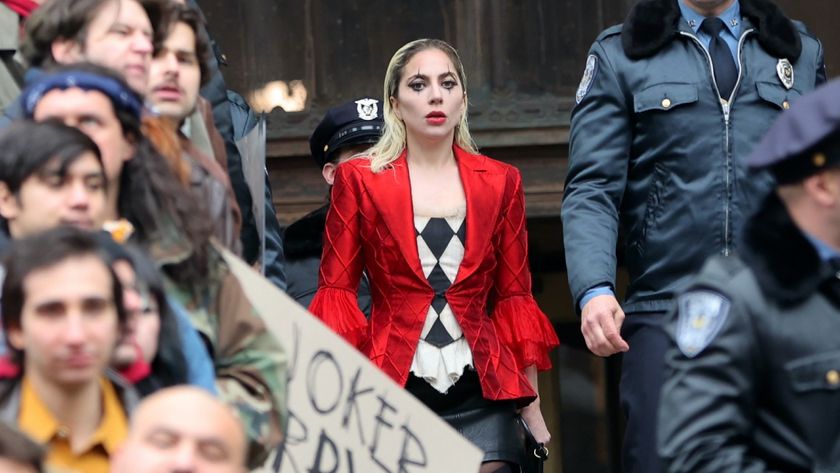
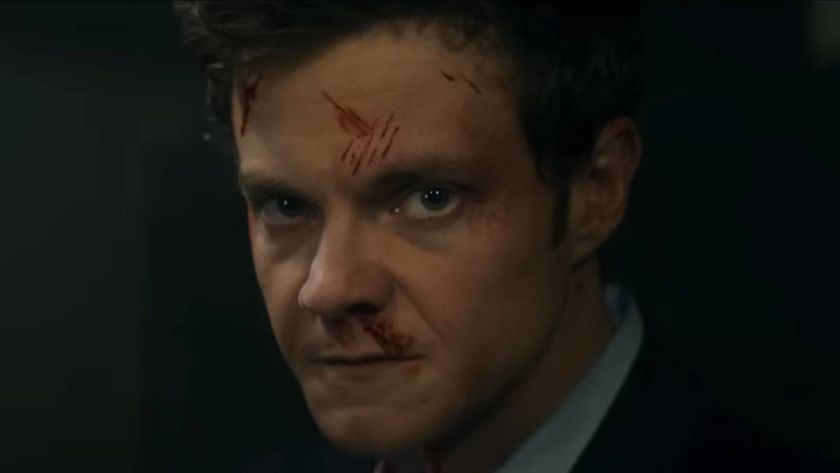
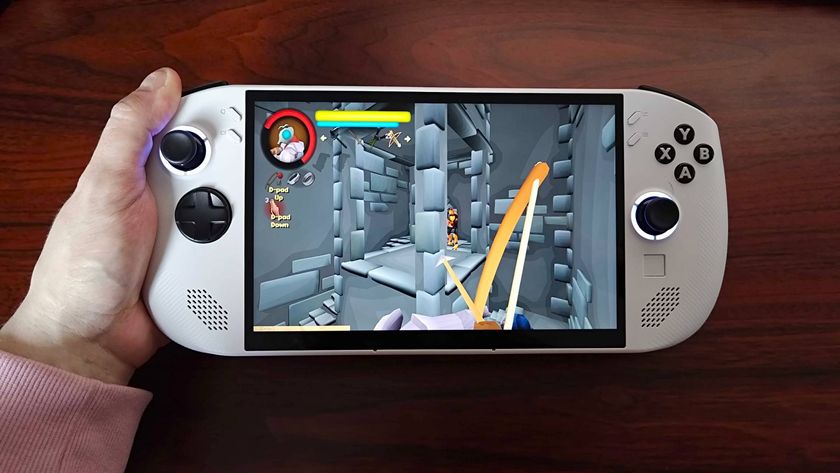
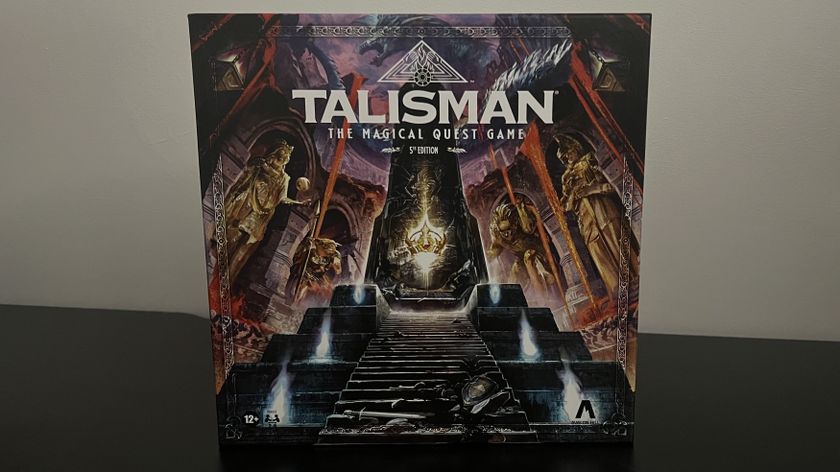
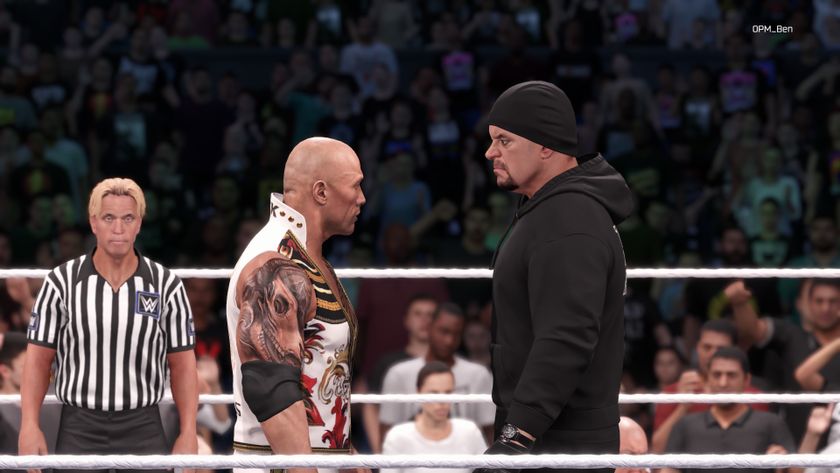
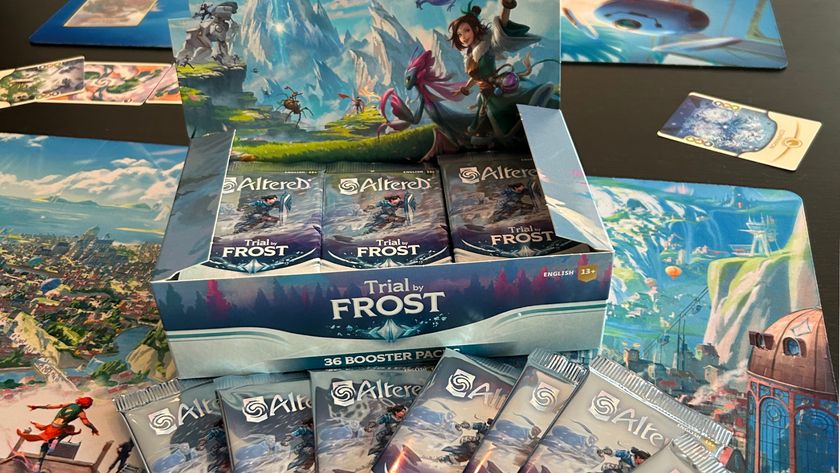
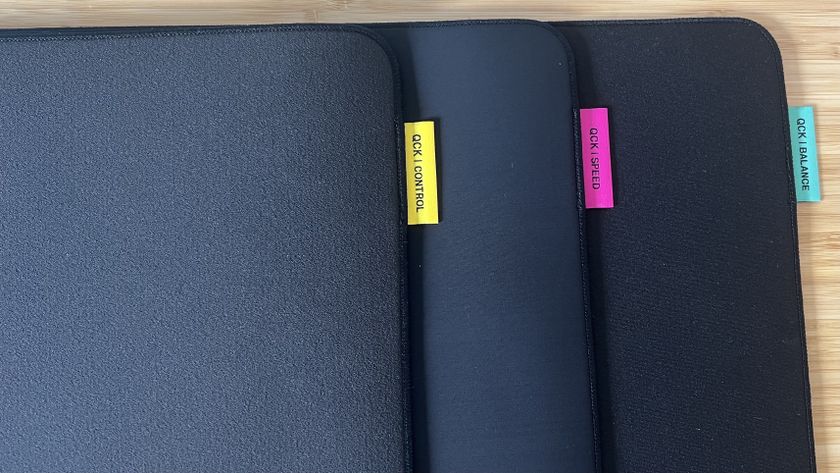
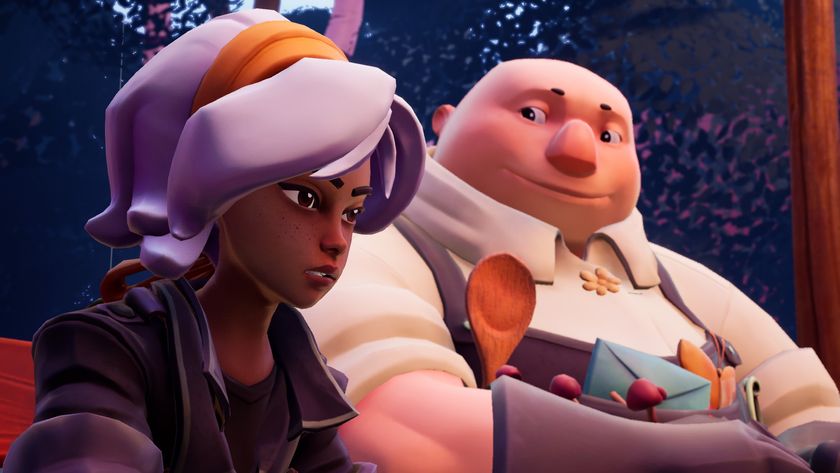

John Wick 5 is still in the works, but Lionsgate isn't confirming Keanu Reeves' return just yet: "We're all on bated breath waiting to find out"

The Russo brothers say Avengers: Doomsday and Secret Wars will draw inspiration from multiple comics – which explains how Doctor Doom might fit into the story


